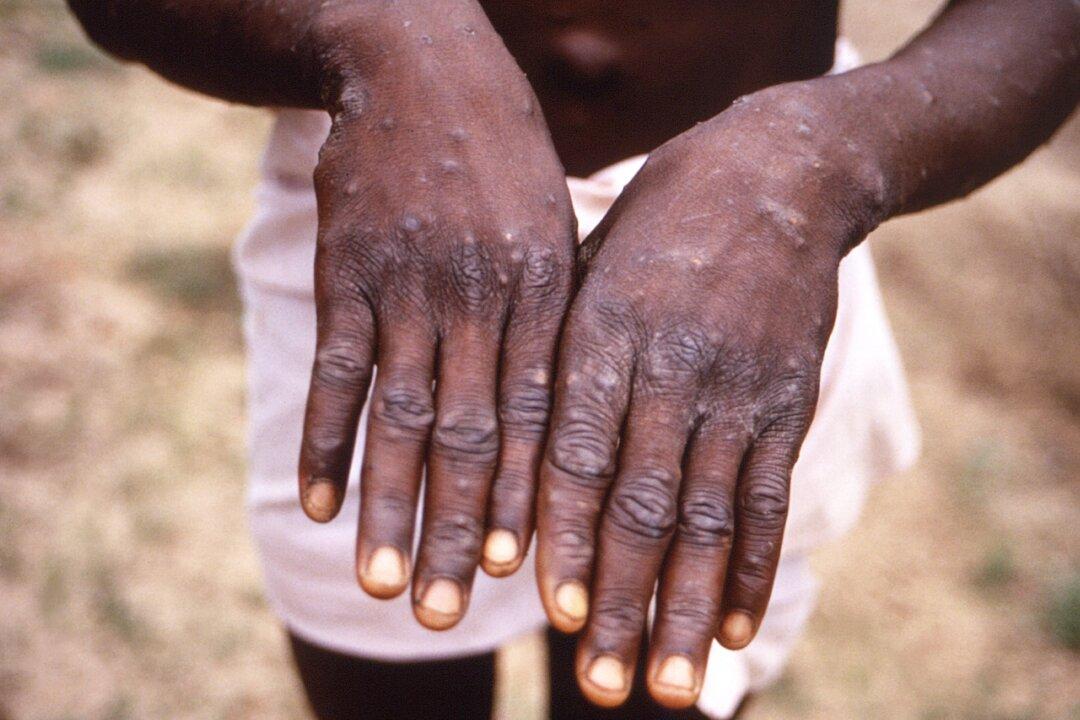One case of monkeypox has been identified in India’s Kerala state, a government official confirmed on Thursday.
Kerala State Health Minister Veena George said that a 35-year-old man who returned from the United Arab Emirates on July 12 has tested positive for the monkeypox virus.





